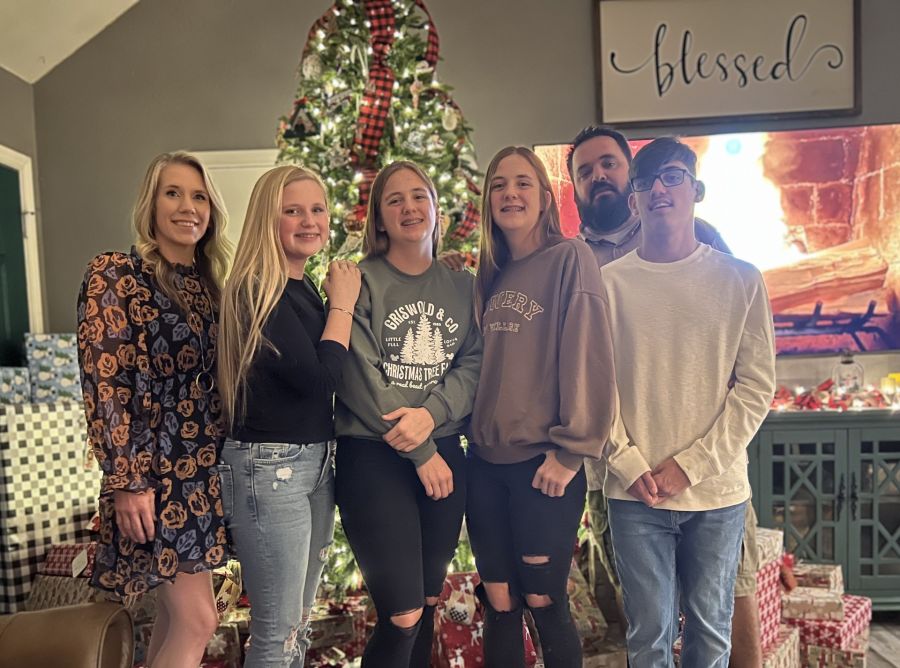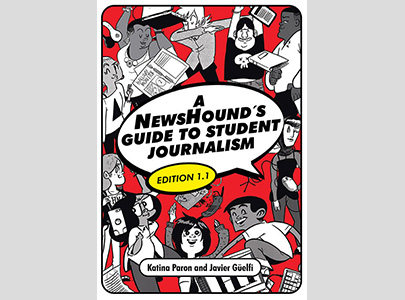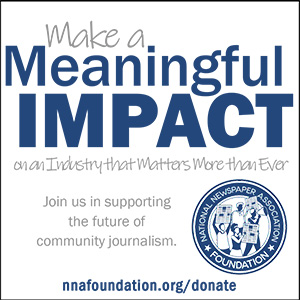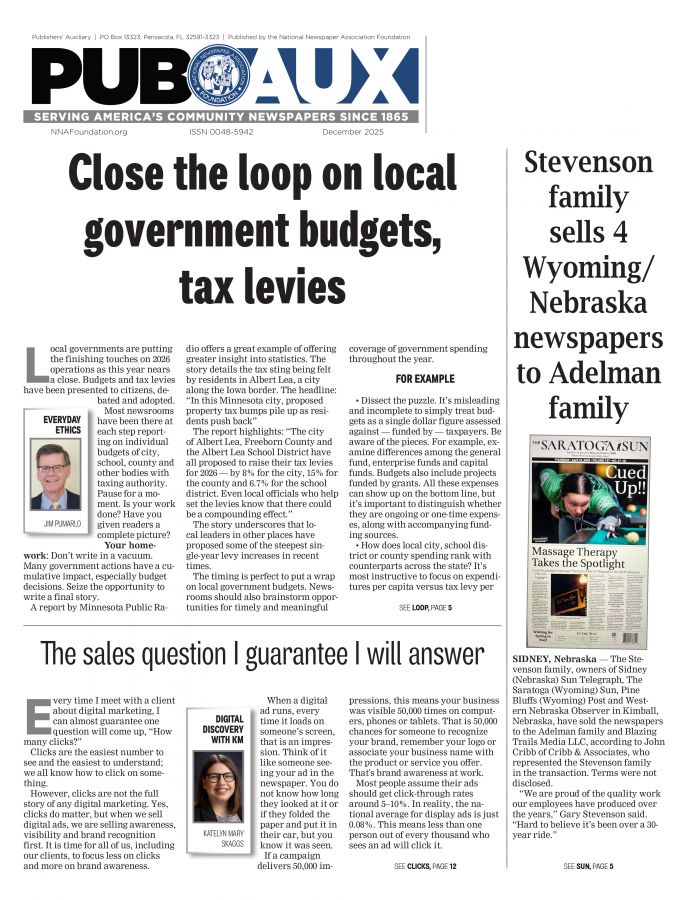Panel discusses recruiting young journalists who believe they can make a difference
Carol Pierce
Dec 1, 2021

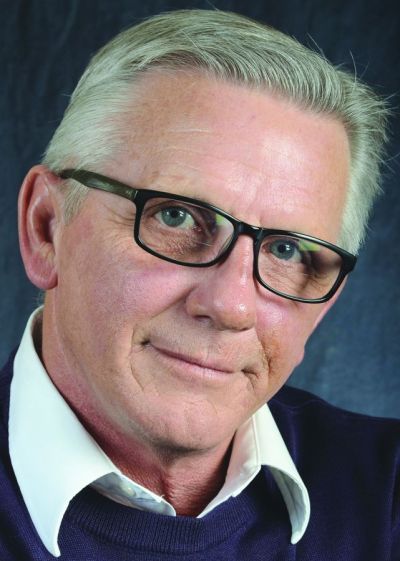
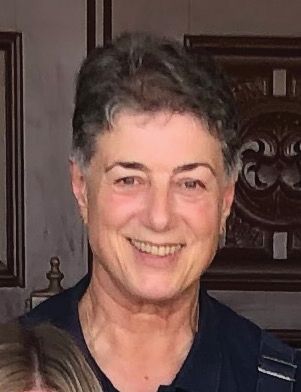
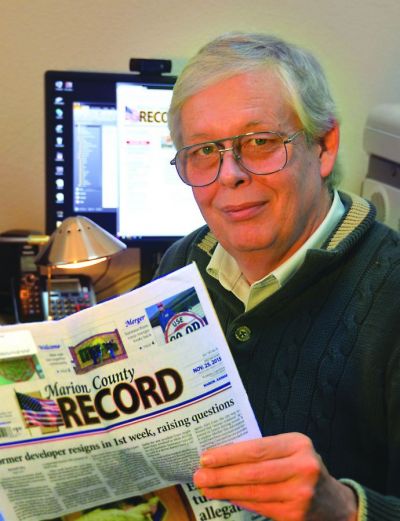
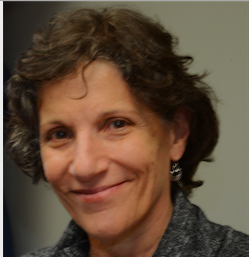
This the first of a two-part final installment of Pub Aux’s dialogue with prominent members of the journalism academic community where they address the career aspirations of the young journalists they teach, as well as how community newspapers can provide a good fit for these new reporters and editors. The professors and media advisors have collective decades of working with community newspapers and teaching young adults about the craft of journalism. This discussion highlights their sense of journalism as mission. Young journalists believe they can make a difference, but economic reality plays a role in these students’ futures.
Their theme brings to mind the comment of another prominent educator, Ted Pease, head of the Utah State University Department of Communication:
“Journalists by nature must be optimists. Otherwise, they’d find something less tedious and depressing (and better paid) to do but kibbitzing over and over again on the same foibles of human folly.”
Participants in this round are:
- Eric Meyer, associate professor of journalism, University of Illinois, Urbana, Champaign;
- Michael Kennedy, journalism/adviser, The Eagle, Chadron State College, Chadron, Nebraska;
- Diana Kramer, publisher/editorial adviser, The Daily, University of Washington, and
- Barbara Selvin, associate professor; director, internships and careers, Stony Brook University, Port Washington, New York
Pub Aux: It is no secret that journalism has not been the most lucrative career, but people have chosen these paths for many reasons. What would drive a young journalist today to choose a news-editorial program over possible paths that would pay more?
Meyer: Journalism is less profession than calling — not unlike ministry, teaching or the Peace Corps. Students get into it — and professionals stay in it — because they think they can make a difference. For some, this manifests as advocacy. For others, it means a duty to keep society informed and to trust that fully informed citizens will take appropriate actions.
Relatively low pay, challenging working conditions and a popular drumbeat that journalism is dying pose great challenges in attracting students, especially those from less affluent backgrounds.
Kennedy: I thought about what drew me to journalism and came up with three reasons: journalism’s role as the watchdog of government; telling stories with words or pictures or both; and the jazz of it all, the fun. Everyday brought something new, something different. And that’s what makes it fun. Rather than guess about why today’s young people are drawn to journalism, I asked three of The Eagle’s student editors what the attraction is.
Here’s what they said:
Editor-in-Chief Aubrie Lawrence, 20, sophomore journalism major of Alliance, Nebraska:
“I like telling stories,” Lawrence said. “Whether it’s just telling a simple news story or a feature on a really cool person, I get to tell the story to whatever audience is reading it. I also like that each story is different. I get to do something new and unique every time, which you don’t get to do in a lot of jobs.”
Opinion Editor Velvet Jessen, 19, sophomore human biology major of Harrold, South Dakota:
“It’s fun for me. I like the work and I enjoy the atmosphere in the newsroom and the people there. It’s a good break from learning the ins and outs of human biology, and I have a lot of fun doing it.”
Ag & Range Editor Kamryn Kozisek, 20, junior rangeland management major (journalism minor) of Kaycee, Wyoming:
“I like the openness of journalism. It creates an environment to grow. You have the ability to share information, and you are responsible for sharing it.”
Kramer: Students want to make a difference. It’s why they sign up for Teach for America, the Peace Corps, volunteer at food banks and with environmental groups. They are politically active and aware. They’re willing to work hard for little money to make things better. I think we need to do a better job of talking about how good newspapers make communities work better for everyone, and then make it so.
Selvin: If a significant salary boost is just not possible, think creatively about other ways you might support early career journalists and show that you care about them as people, beyond the work they do. Are you offering before-tax benefits such as flexible spending accounts? Could you offer a lump-sum payment toward your employee’s student debt after six months or a year on the job? Could you provide a transportation, housing or dependent-care allowance, especially in high-cost areas? Guaranteed vacation pay or extra vacation days could be very attractive.
Entry-level reporters know they need more training. Be clear on how your newsroom will provide this when editorial staffs are stretched thin. Could you, or one of your staff, act as a writing coach? Could you support her continuing education through tuition reimbursement? Could you subsidize membership in a professional organization and/or help with travel to regional or national conferences? Could you provide or subsidize training in a skill such as photography, videography, data or graphics? The surge in remote training has brought costs down for many programs. Find some you feel comfortable paying for and tell your candidate about them.
If you are trying to hire a young reporter from outside your region, offer him a paid membership in one or more local organizations where he might meet people. Maybe you could supply a parks pass, or subsidize a membership in a local gym or a club related to the employee’s interests.
Salary.com suggests that job candidates ask for a guaranteed severance package, given the perilous financial state of newspapers today. “Times are tough, and there are no guarantees that the job you’re saying yes to today will still exist in a year from now,” the site says. “So ask the hiring manager if you can get a guaranteed severance package written into your contract, should the company become bankrupt or lays you off due to no fault of your own.”
Pub Aux: Setting aside compensation concerns for a second, how would you evaluate the attraction of a small newsroom in offering a wide breadth for writing and news coverage experiences?
Meyer: Breadth of opportunity is among the best-selling points community journalism can offer. While a young journalist may regard a community’s smallness as a drawback socially, it’s a huge advantage professionally — and not just because it builds skills across many areas.
It also allows new journalists to sample journalism’s many dramatically different specialties. Any job seems different when it becomes a livelihood instead of just what someone occasionally does in a classroom, internship, part-time job or student media. Having the opportunity to sample different specialties often leads people who thought of themselves exclusively as reporters on some particular beat, editors, photographers, designers, producers, anchors, etc., to see these jobs differently and find that what they expected varies from what the experience is like full-time.
In a community setting, it also becomes much easier to connect with the people who consume the work a journalist produces and thus becomes easier to see the difference a journalist might make.
Kennedy: It’s a grind, but it’s a grind well worth living. And it’s fun.
Kramer: Working at community newspapers helps young reporters learn how things work. The city council’s discussions as prelude to the budget inform what’s important in that community. Being able to delve into the budget, focus on the outcomes and how they relate to citizens’ lives is a life skill young reporters will never forget. Regrettably, I think a lot of newspapers have turned away from this kind of reporting, saying readers don’t care about it. I disagree. I think people don’t care about poorly written, incomprehensible budget stories.
Selvin: Being a big fish in a small pond provides an excellent start to a career, something young people don’t always realize. I didn’t until I made the move to a big daily and realized how much I missed the community contact I’d had at smaller papers. Consider providing an introduction to some prominent local people who would be willing to talk to the candidate about your newspaper’s role in the community. Another thought: While you’re asking candidates for their clips, why not put together a packet of a dozen clips that shows the range of the best stories your staff has produced in the past five years? Note those that won awards, and promise to help young journalists organize their own entries into award competitions.
Pub Aux: How should community newspapers promote these opportunities for young journalists?
Meyer: War stories about the challenges of downsizing, burdensome multimedia responsibilities and economic uncertainties must be replaced by positive images of what journalists actually can accomplish. Focus less on benefits packages and more on testimonials from other staffers and readers, awards, on future career paths and on feeling good about what current and previous employees have been able to accomplish. Then hire less on the basis of specific skills — which typically means you’ll attract a lower tier of recruits — and more on the basis of attitude and motivation.
Kennedy: Any way publishers can think of. Offering paid internships immediately comes to mind; giving their time — as guest speakers in classes or through workshops — is another way; proactively establishing and maintaining relationships with faculty and students at the nearest college journalism program, is still another.
Kramer: Working with the local college or university to promote opportunities, especially internships, could work. Also, be open to trying something new. More young journalists are graduating with at least some experience in podcasts and video. Can new graduates bring those skills to you?
Selvin: Connect your candidate with newsroom alumni who went on to greater glory elsewhere — or to longtime staffers who have built satisfying lives at your shop and in your community. Don’t listen in on these conversations. Offer the contact information and a description of the person’s career, and let it go at that.


